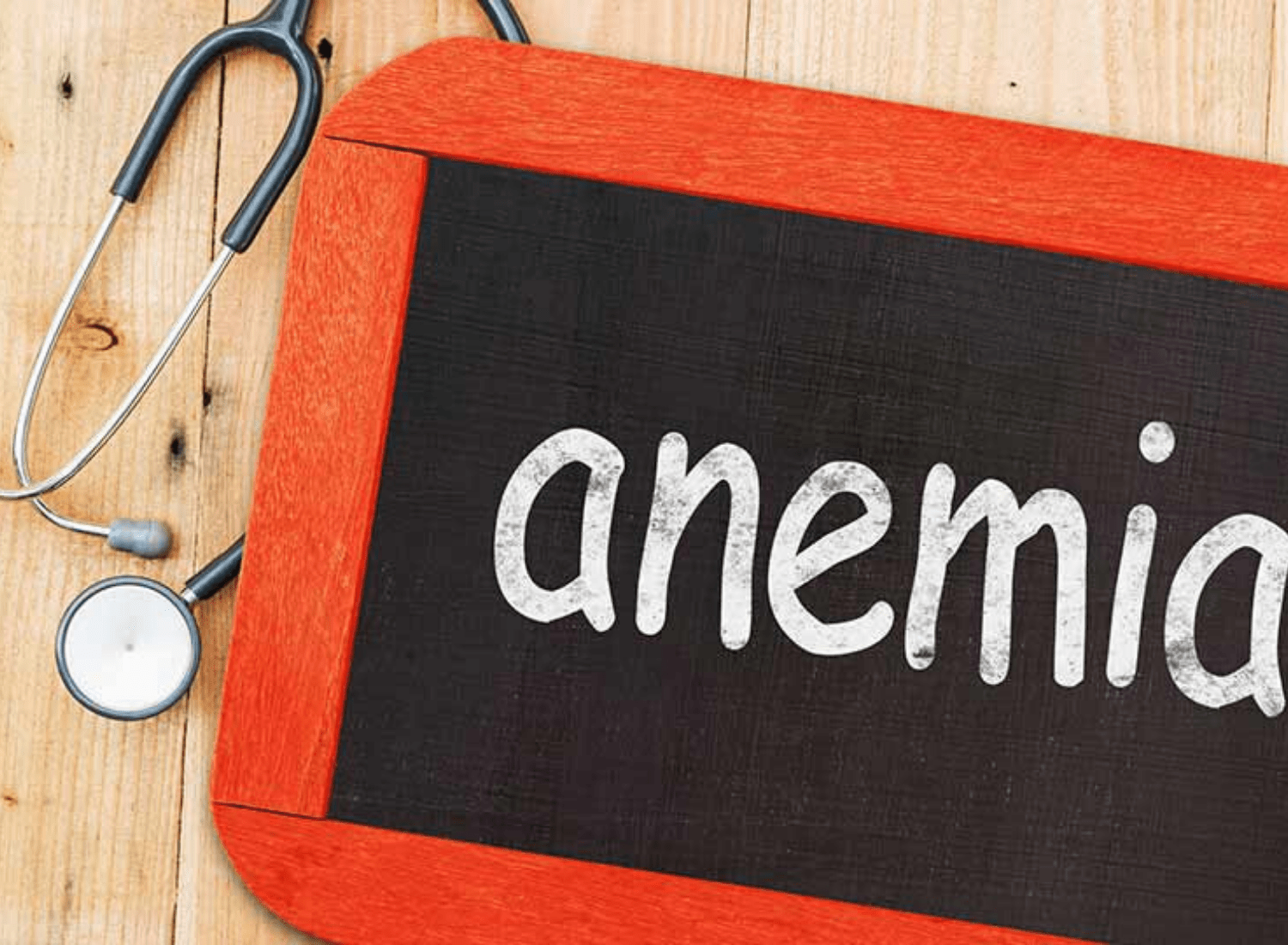If woman is expecting ,she is much at risk of anaemia. It is normal to develop mild anaemia during pregnancy but in case if it is severe then it will put your health much in danger for you and your growing baby as well.

During pregnancy, if you do not have amount of iron or other essential nutrients intake then body does not produce RBC to carry oxygen to rest of the body as at this stage body needs additional blood supply for developing foetus.
Even after the delivery if the women are suffering from anaemia it is called postpartum anaemia. The condition may become chronic when the haemoglobin levels are less than 110g/Lit one week postpartum and less than 120g/lit eight weeks postpartum. This is the much prevalent condition as new mothers are much involved in taking care of their new-borns and neglect their own health.
Stages of Anaemia
1. First Stage:
The iron content in bone marrow start to deplete thus overall reduction in the iron content in the blood. No specific symptoms are noticed at this stage.
2. Second Stage:
At this stage Haemoglobin level is affected and you feel fatigueness and may have headaches. The deficiency can be detected with a blood test.
3. Third Stage:
The haemoglobin levels go down further and you feel sick and get more exhausted. This is the severe case of Anemia.
Types of Anaemia
In this article, I have listed basic three types of anaemia women experience during and after pregnancy.
Iron deficiency anaemia
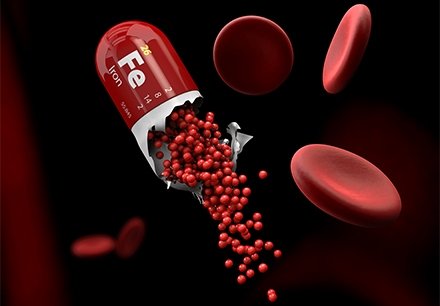
This is the most common type and 15 to 25%of women facing this situation.
Iron is the mineral found in RBC and required for haemoglobin production.Hb, the protein carries oxygen from lungs to rest of the body.
When there is deficiency of iron, the body gets exhausted also immune power gets deprived.
Folate deficiency Anaemia
Folate is the water soluble vitamin mainly found in green leafy vegetables,legume,bananas etc.
It also needed for producing bodily new cells including RBCs.
During pregnancy, women need extra folate for increasing RBCcontent.But sometimes they don’t get from diet, thus external supplements are provided in form of folic acid.
Folate deficiency directly linked with certain types of birth defects such as neural tube abnormalities and low birth weight.
Vit B12 Deficiency

This also one of the essential requirement for RBC production as well.
The rich source of B12 is mainly the non-veg food like poultry, fish, red meat etc. thus mainly deficiency is found in vegetarian people.
B12 deficiency also contributes to neural tube abnormalities and preterm labour
| NUTRIENT | REQUIREMENT IN NORMAL WOMAN | REQUIREMENT IN PREGNANT WOMAN |
| IRON | 18 mg/day | 17 mg/day |
| VITAMIN C | 75 mg/day | 120 mg/day |
| FOLIC ACID | 0.4 mg/day | 0.4 to 0.8 mg/day |
| CALCIUM | 1000 mg/day | 1200- 1400 mg/day |
| IODINE | 0.15 mg/day | 0.22 mg/day |
Causative Factors
All expecting women and the mother of new born baby may become anaemic if they do not consider their health as primary concern.
The following factors contribute to Anaemia.
Poor diet
Fewer intakes of iron and folic acid during pregnancy and even after delivery make women Anemic.
The daily requirement of iron in women is 44mg/day.
Other Factors
- Peripartum blood loss: Heavy blood flow after delivery slows down the reserved iron and leads to anaemia.
- Some of intestinal diseases such as celiac diseases, crohn’s disease, and the malabsorption of iron become a concern.
- Vomiting during pregnancy due to morning sickness
- Already been anaemic before conception
- Pregnant with multiples
- Had two pregnancies close together
- Had infections of malaria,HIV.
Symptoms of Anaemia
Anaemia doesn’t have any obvious symptoms but it will get worsen at the pregressing stage.Therfore consult health care provider and get all blood test done to avoid further complications.
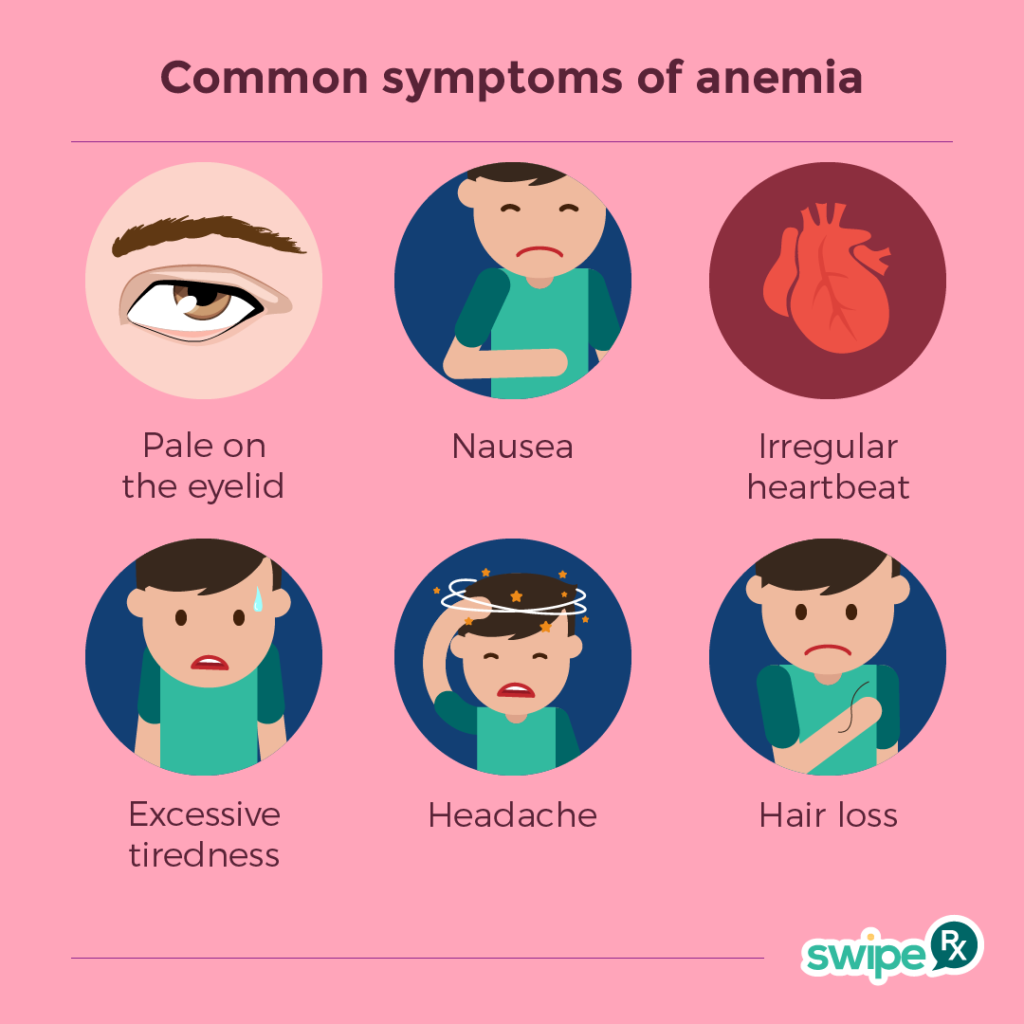
Following symptoms are usually found:
- Dizziness
- Feeling tired
- Shortness of Breath
- Rapid heartbeat
- Yellowish or pale skin, nails and lips
- Trouble concentrating
- Chest pain
- Cold hands and feet
- Headache
- Decreased immunity
- Affect quality and quantity of breast milk which affects new-born
- Mood swings
- Reduced Sex drive
Tests for Anaemia
Blood Tests are usually done during prenatal appointment to check whether woman is Anaemic or not.

1) Haemoglobin Test:
The test measures the amount of Haemoglobin in blood.
2) Haematocrit Test:
It measures the percentage of Red blood cells in the blood.
If you have lower than normal levels of haemoglobin then you may have iron deficiency anaemia’s doctor will recommend other blood tests to check whether you have iron deficiency or some other cause of anaemia.
Preventive measures and treatment
And if you don’t have anaemia at the primary stage of pregnancy then doctor will recommend get another blood test for anaemia in your second or third trimester.
To prevent anemia, try to increase more iron intake with well balance meal loaded with iron, it B12 and folate.
1} Include iron rich food such as
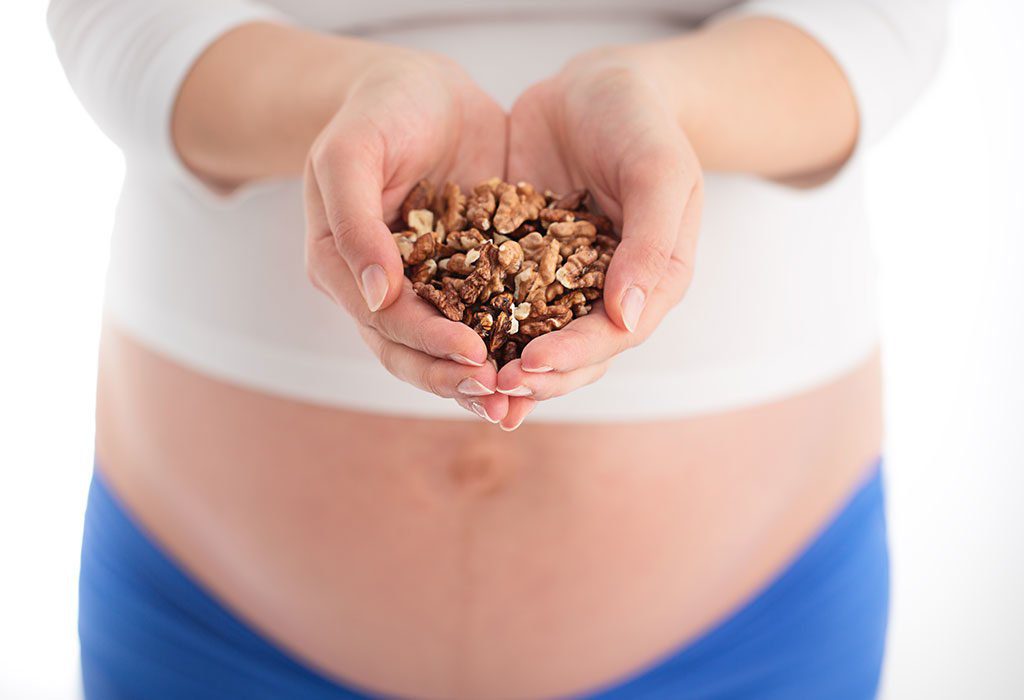
- Lean red meat, fish and poultry
- Eggs
- Nuts & seeds
- Leafy green vegetables
- Beans, tofu, chicken
2} include vitamin C rich food
Rich source of vit. C containing food include in diet helps to increase absorption of iron as well.
- Citrus fruits and juices
- Strawberries
- Kiwi
- Tomatoes etc.
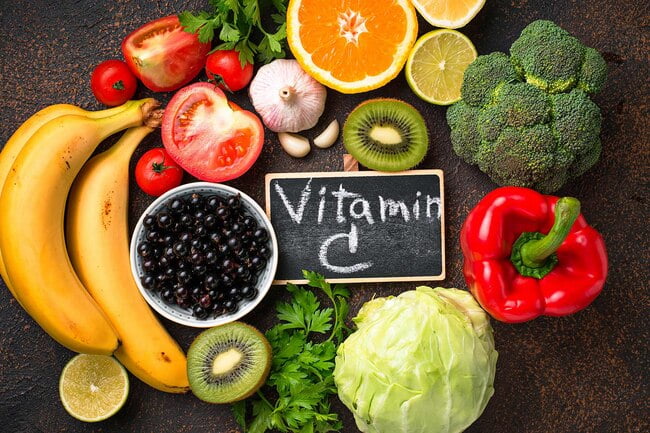
3} Avoid tea intake

As tea has an active component Tannin which slows down the iron absorption. Also a lot of calcium intake decrease iron absorption.
4} Drinking more fluids
Good to drink 2 litres a day!!!!
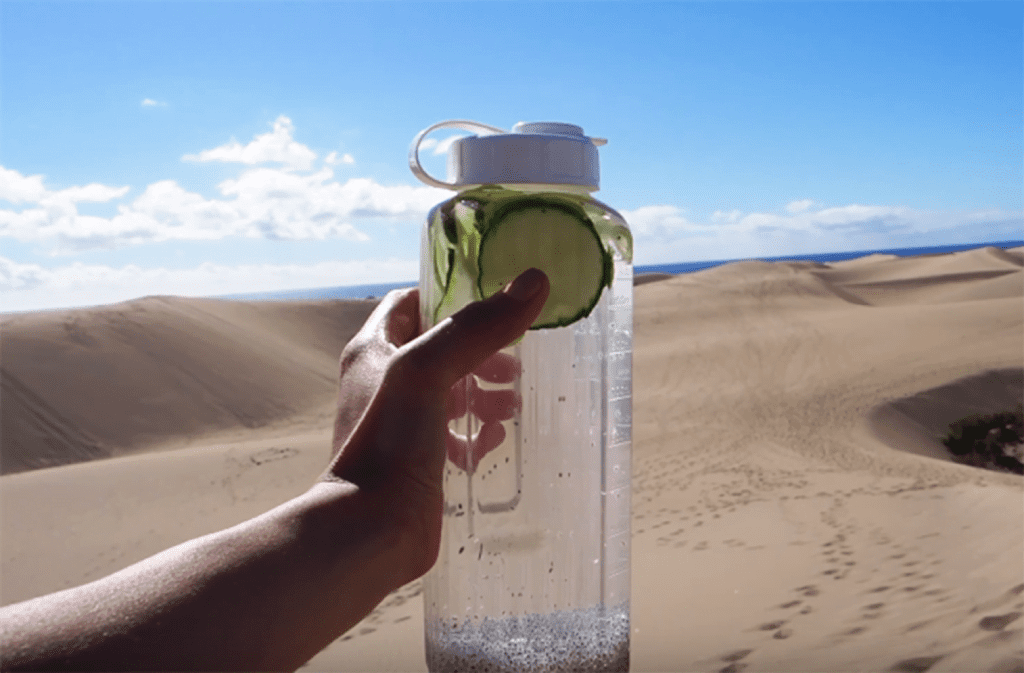
This helps you stay hydrated and improve blood flow after child birth. Also, As iron supplements cause bloating, fluid intake prevent blood clot and UTI.
5} Stool Softener
Constipation is the side effect of Anemia. Thus increase fluid intake to tackle constipation.
6} Get enough rest

If you get exhausted or feeling tired due to low iron level, take enough rest.
Follow your doctor’s instructions for taking a prenatal vitamin contains sufficient amount of iron and folic acid.
Vegetarian should talk to the doctor whether they should take external B 12 supplements.

